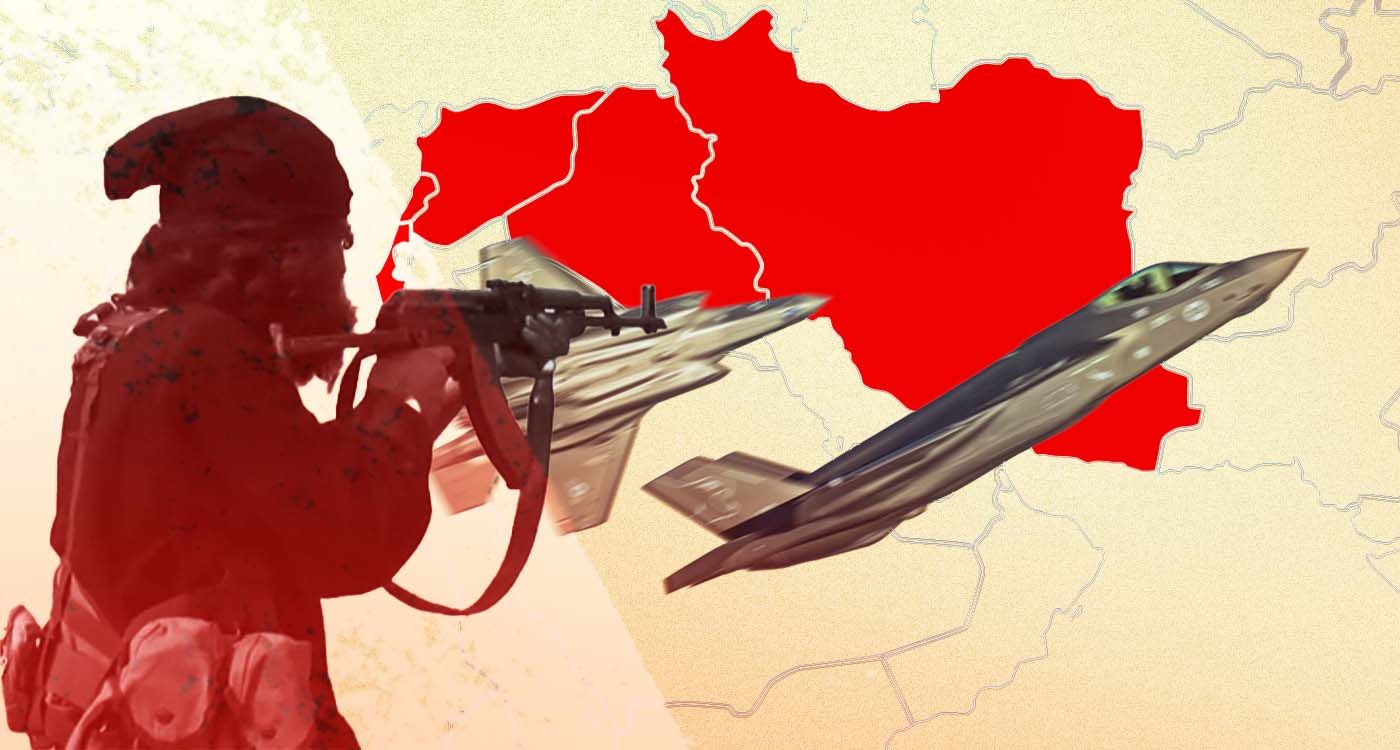
By now, we should know that when the Middle East falls silent, it’s rarely a good sign. As if history itself were pausing for breath, the region today is locked in what I call a “violent pause”—not peace, not war, but something infinitely more dangerous: indecision. The past six months have redrawn the map of alliances and threats, but what happens in the next three months could redefine the region for a generation.
Let’s start where the tectonic plates grind loudest: Israel and its northern front. Hezbollah, once the self-proclaimed vanguard of the “resistance,” is cornered. Under relentless Israeli pressure and internal Lebanese fractures, the Party of God is reviewing its arsenal. Not disarming, mind you. Hezbollah might trade tanks for suits, but its grip on Lebanon remains ironclad. The border may be quiet, but this is the silence of a chess master forced to think five moves ahead. And Israel? It’s stockpiling. A 42-billion-shekel defense budget surge is not a message of de-escalation. It’s a message of preparation. For what? Likely another round with Hezbollah, unless the Lebanese state finds a spine it doesn’t possess.
Meanwhile, Syria is tearing at its own seams. In the south, the Druze in Sweida are pushing back against the Assad regime and the remnants of Iran’s militias. Israel, in a rare public posture, is siding with the Druze. Yes, you read that right. Former enemies find themselves aligned by the sheer force of survival. If the Druze succeed in carving out autonomy, the map of Syria will fracture yet again, birthing a new quasi-state under Israeli protection. Expect more Israeli airstrikes, more assassinations and potentially, a de facto “Druze zone” in southern Syria by October.
Iran, the silent puppeteer, is itself under siege. After years of projecting power through proxies, Tehran is now circling its wagons. Inside Iran, crackdowns are intensifying. Spies, real or imagined, are filling its prisons, and executions are on the rise. In the region, its “axis of resistance” is battered and bruised: Hezbollah is reconsidering its arsenal, Syria is slipping and even the Houthis are quiet. Iran’s game is no longer expansion. It’s survival.
What about Uncle Sam? Here’s where it gets interesting. Washington is irritated. Netanyahu’s Syria strikes and the brutal Gaza operation clash with Trump’s vision of regional normalization. Increasingly, the US is publicly signaling its frustration.
And Tom Barrack enters into this landscape. His recent visit to Beirut, accompanied by high-profile meetings and symbolic gestures, signals more than just a nostalgic homecoming. Barrack, a financier with deep ties to both Washington and the Gulf, spoke plainly: Lebanon is at an existential crossroads. In his words, “It’s a return to destiny. Whatever tiny modicum of success I've been able to achieve in life is a result of the beauty of American freedom and this Levantine destiny and dynasty that all of you have.”
But behind Barrack’s poetic framing lies a sharp diagnosis. His message to Lebanon’s power brokers was clear: the world is watching, and patience is running thin. He emphasized that Lebanon must choose between permanent paralysis or painful reform. Barrack’s presence, coupled with subtle hints at American and Gulf engagement, suggests a coming push for a political settlement in Lebanon—one that likely sidelines Hezbollah’s military role while preserving a political one. A pragmatic, imperfect solution, but perhaps the only one left.
So, what does the next quarter look like?
Syria becomes a battlefield of maps, where Druze militias and Israeli airpower redraw southern borders, one checkpoint at a time.
Lebanon clings to its sovereignty by a thread, as Hezbollah trades tanks for parliamentary seats but keeps its guns hidden under the table. Barrack’s warnings, if heeded, could catalyze a last-ditch reform package. If ignored, civil conflict may return.
Iran focuses inward, crushing dissent while its proxies lick their wounds.
Israel prepares for war, but negotiates for quiet.
The US begins recalibrating its support, perhaps for the first time questioning if Netanyahu’s Israel serves American interests.
In short? The Middle East is in a state of violent suspension. The region is waiting for its next explosion, or perhaps its next big betrayal.




Comments